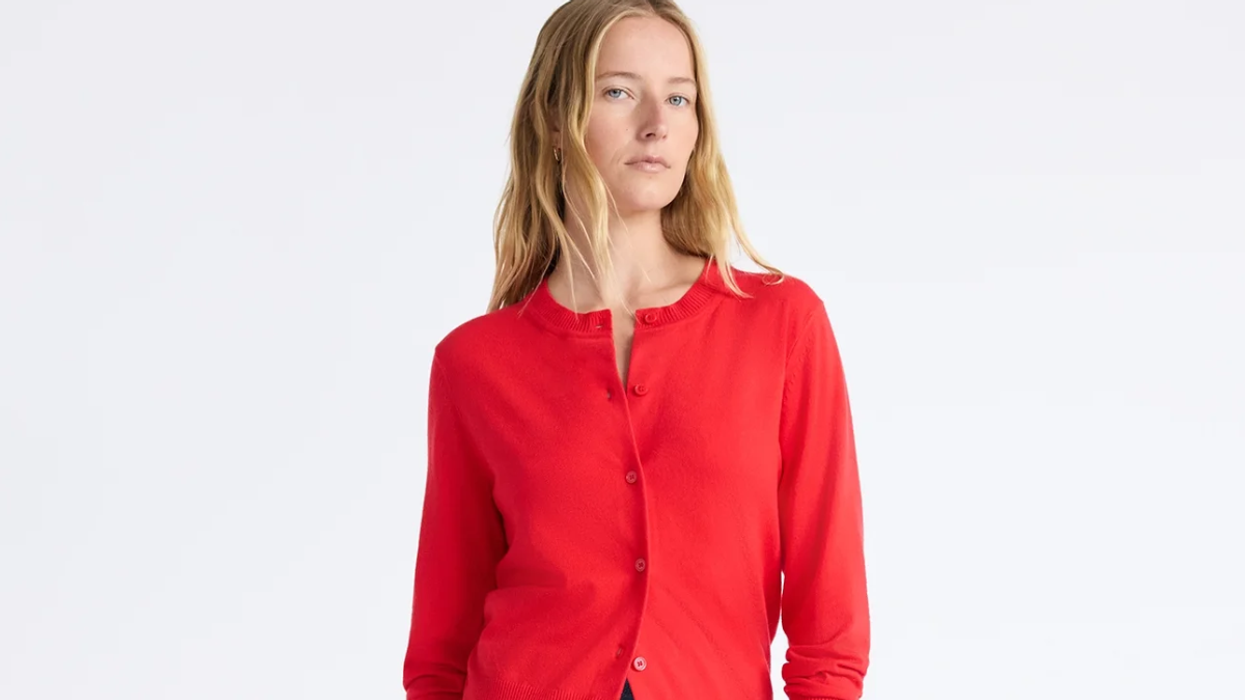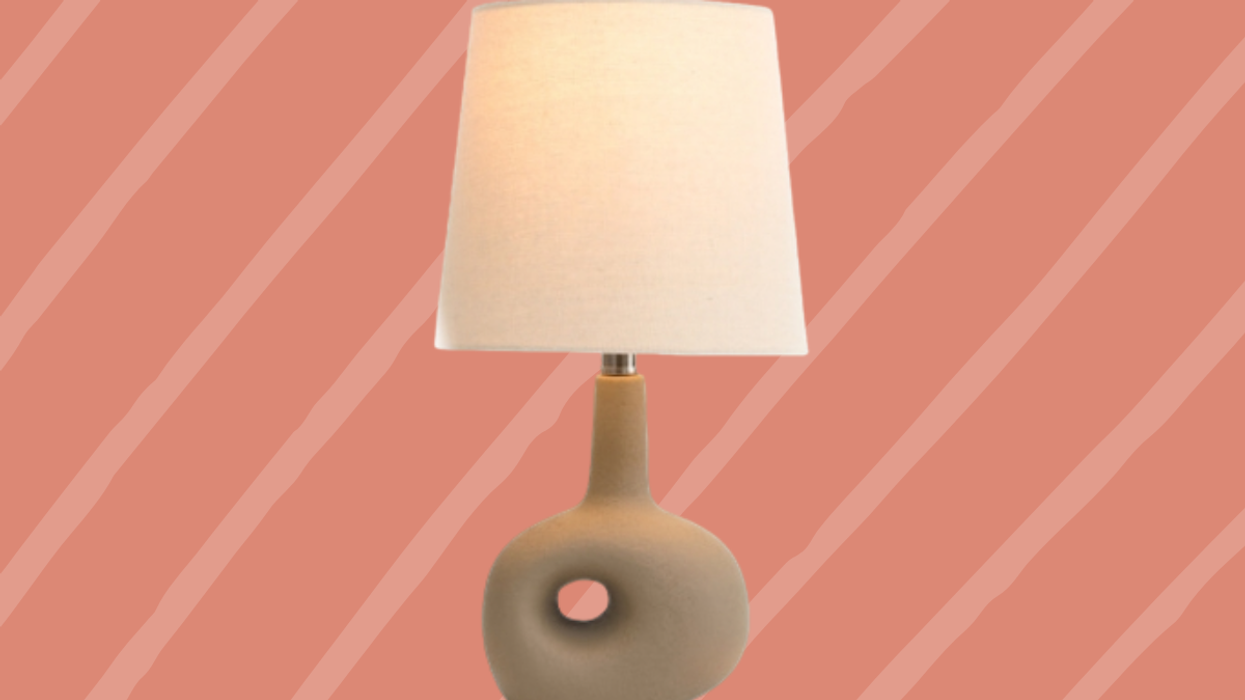Here’s how introverts can tap into their secret power.
Science Says There Are 4 Types of Introverts: Which One Are You?

Being an introvert isn’t a bad thing — sure, small talk might not be your favorite activity, but you’re definitely a pro at making your alone time rock. Thanks to Susan Cain’s bestseller Quiet, the whole world learned what many of us already knew: Introverts are awesome. Wellesley Psychology Professor Jonathan Cheek took it a step further when he categorized four types of introverts in his paper, “Four Meanings of Introversion: Social, Thinking, Anxious and Inhibited Introversion.” He said that each type is unique and, like all human differences, each possesses a secret power. Scroll to discover if you might fit into one of these categories.

1. Social Introverts
Your secret powers: Cultivating deep relationships and loyalty
This type of introversion is closest to the one you probably think of when you read the word “introvert.” Social introverts prefer socializing in small groups compared to large ones and are recharged by alone time, which they value deeply. “As the saying goes, it is better to have a few friends than many acquaintances, because your few friends have your back and you know you can depend on them when the proverbial sh*t hits the fan,” says Neo. “In deeper relationships, people are able to be vulnerable with each other. As Brené Brown expounds, vulnerability is the hallmark of strong people. Social introverts are versed in the art of being loyal to their friends, and we know that loyalty pays dividends.
Neo also believes that social introverts’ understanding of their need for “me time” is an example from which we can all learn. “Social introverts know their boundaries, and they are a big lesson in teaching us about self-care, self-love and the Joy of Missing Out (as opposed to the Fear of Missing Out). The basis of everything — our careers, love lives, well being, etc. — is ourselves. We are the best investments we can make. And when we start with self-respect and self-love, this helps us create a fundamentally stronger sense of self and well being.”
2. Thinking Introverts
Your secret powers: Creativity, synthesis and innovation
“Because creativity is about integrating ideas that most would otherwise see as separate, thinking introverts are innovative and help people to think out of the box,” Neo says. “In organizations and groups, they aren’t quick to talk over other people just to assert dominance. Instead, they are happy to express their opinions whilst respecting others; and because they are creative, they facilitate those groups toward innovative, unprecedented solutions. They also excel in helping people to reflect on their experiences, feelings and thoughts, so that we can grow and develop ourselves.”
3. Anxious Introverts
Your secret powers: Planning and attention to detail
As you might suspect, anxious introverts are extremely shy and will often avoid social situations due to lack of confidence or feelings of awkwardness. They tend to ruminate on what did or could go wrong in any given circumstance. “People who are anxious can often be organized planners, because they consider the worst case scenarios and details,” Neo says. “Put simply, they are the kind of people who go into a building and are vigilant about the emergency exits. When hyper-vigilant and caught up with the stress, this isn’t necessarily good. But when a balanced approach is taken, anxious introverts are dependable. We can count on them to help us feel safe. Moreover, being used to solitude, anxious introverts have a lot of lessons to teach us in terms of being alone and feeling lonely. It teaches us a sense of self-sufficiency, which can be vital for those of us who feel dependent on continuous social interactions to feel good about ourselves.”
4. Restrained Introverts
Your secret powers: Reflection and wisdom
Restrained introverts always dip their toes in the pool before they jump. They may sometimes appear to work more slowly than others because they always think before they speak or act.
“Restrained introverts are more reflective because they are able to step back and see the bigger picture without getting caught up in the emotions and drama. To me, they can embody the Taoist philosophical concept of Wu-Wei, in which doing nothing can sometimes be the best form of response. In corporate settings where the bottom line is sacred, we are sometimes too caught up in responding as quickly as possible. Yet we know that when we are caught in a whirlwind of emotions, we react in ways that might actually be less efficient and effective. The person who does not react immediately isn’t necessarily dull or slow. She may be a source of wisdom, as she knows that reacting isn’t necessarily the wisest solution. She is also the voice of wisdom and sanity in group dynamics when everyone is caught up in the drama or pressured to say the same thing.”
What type of introvert are you? Share your secret power with us on Twitter @BritandCo!
This post was previously published on Levo League by Kelsey Manning.
(Photo via Getty)



















